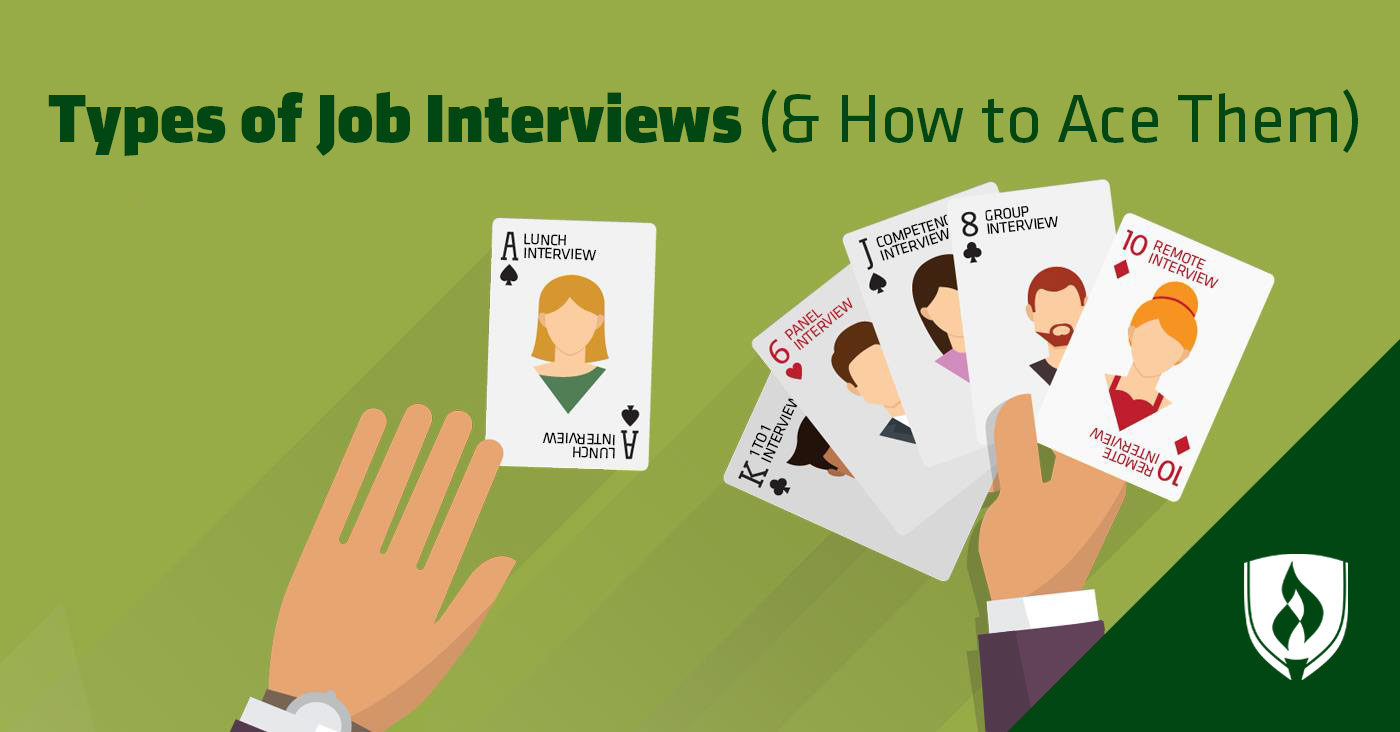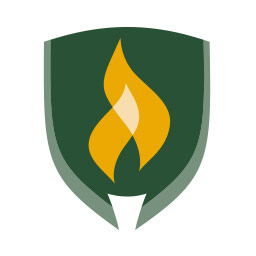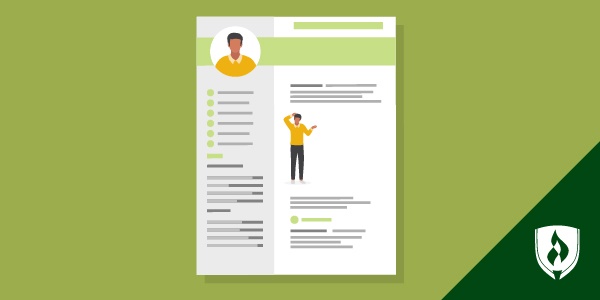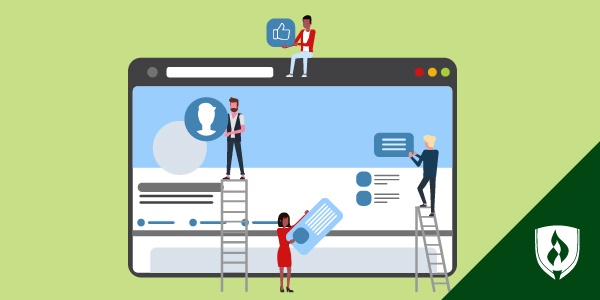
There will come a time in everyone’s job search where the feeling of being offered an interview turns from excitement to a nervous anticipation. Our minds start to anxiously wander while imagining different potential interview scenarios: What types of questions are they going to ask me? Will I be interviewing with other applicants, or will I interviewed by more than one person?
Sometimes a recruiter or HR professional will reach out to you describing what kind of interview it will be ahead of time, but often all the information applicants receive is a time, a place and how to get there. It might seem unfair, but you’re not going to receive much pity if you’re unprepared for an interview, no matter what the format ends up being.
That’s why we’re here to help. We asked the experts to identify some of the most common types of job interviews and what you need to do to adjust and excel in these formats.
7 types of job interviews you need to be ready for
1. Pre-interview phone screening
For many positions, a human resources representative will contact you to ask you a number of questions. This phone call is intended to screen out any unqualified applicants and to send those who are qualified further into the process, like a competency interview (see below) or an in-person interview.
With this in mind, there are a number of key points to remember for the pre-interview phone screening. First of all, make sure that you are in a place where you can take the call and not have to deal with interruptions like children, pets or a bad cellular phone signal, says Zach Brown, the senior sourcing recruiter and recruiting strategy consultant for David Brown International.
Because this phone call will help the human resources representative determine if you are the right person to move forward in the interview process, Brown advises being flexible, friendly and professional. Remember, this isn’t the interview you land the job in—it’s the interview where you don’t get eliminated from consideration. Stay calm, be pleasant and answer any questions truthfully and to the best of your ability.
Because of its preliminary nature, Brown says the pre-interview phone screening is not the place to ask questions about salary, benefits or other details that will follow later in the interview process.
2. One-on-One interview
This is perhaps the most typical interview format and every job applicant should be prepared for. It is simply a format in which you are interviewed by one other person. The key to the one-on-one interview is preparation, according Michele Jennae, executive career coach and owner of Perpetual Career Management.
“Go into an interview knowing that you have applied for the right position for you, having also researched the industry, company and people you'll potentially be working for,” says Jennae. “You are there to interview them as well.”
A few more tips for the one-on-one interview from Brown: Dress the part, ask engaging questions and show initiative.
3. Lunch interviews
Lunch interviews, along with other food-related interviews like meeting up for coffee, can be tricky and a little more ambiguous as far as what to expect. Still, there are some important things to remember about lunch interviews.
The following tips are courtesy of Bruce A. Hurwitz, an executive recruiter and career counselor for Hurwitz Strategic Staffing:
- Let the host lead the conversation
- Be prepared for polite banter
- Be wary of talking about politics or other taboo topics
- Watch your manners
- Don't order alcohol
- Careful with foods that could either stain your clothes or easily get stuck in your teeth
4. Panel interviews
Being interviewed by more than one person at a time is known as a panel interview. Like the other interviewing formats, there are different possible scenarios and candidates should be prepared for anything, whether it is a panel interview with two or more interviewers.
As you can imagine, there is a different conversational dynamic in a panel interview than in a one-on-one interview. In these interviews, you will likely be bombarded with questions, says Luke Harris-Gallahue of Hurdlr. It’s not all questions with clear cut answers, either—often panel interviews can be used to see how you handle conflict or work in a group setting.
“You will probably be put in a situation where you are going to have to disagree with someone about something,” says Hurwitz. “Just do it politely.”
5. Group interviews
Instead of being interviewed by more than one interviewer, a group interview consists of more than one candidate being interviewed at the same time. Group interviews can be confusing and challenging because you are essentially competing against the person next to you for one position. There are a number of things to keep in mind for group interviews, but one key takeaway is managing the dynamic of how you interact with other interviewees.
“Respond only to the interviewers and don’t get into a debate with the other interviewees,” says Hurwitz. “If asked by an interviewer to respond to something another interviewee said, don't build yourself up by trying to knock them down.”
Hurwitz says the group interview is all about teamwork, leadership and self-confidence. You may be 100 percent correct about an answer in comparison to another interviewee, but how you handle the difference in answers matters most. After all, would you want to work with someone who readily puts others down, or is generally abrasive to their peers?
6. Remote video interviews
Video conferencing technology like Skype, Google Hangouts or Apple’s FaceTime has led to a new type of interview for candidates to prepare for. In most instances, these interviews are the same as their more traditional counterparts. But there are a few important things to consider beforehand.
“Skype interviews are more and more common,” Jennae says. “Be prepared with lighting, sound quality, background and personal appearance.”
While a remote video interview may seem more informal than an in-person interview, it shouldn’t be considered so, and preparation is still key.
Brown advises practicing with the software you will be using during the interview in order to limit any technical difficulties, and making sure that you have a reliable internet connection.
7. Competency interviews
Competency interviews are interviews with questions that are designed to see if you have the skills to do the job. For some positions, you may also be required to take a test on a computer to judge your qualifications for a position.
Competency interviews are fairly straightforward because you either have the ability or you don’t, according to Hurwitz. If you don’t understand something, ask. While it may seem counterproductive for someone trying to highlight their positive attributes, Hurwitz says that admitting ignorance and asking questions are positive character traits. You might not know the exact answer, but if you can get close by asking the right questions, you can make it into a positive by highlighting your critical thinking ability and willingness to learn.
Ready for the hot seat?
Now that you have a bit of preparation for these types of job interviews, it’s time to take on the job market, head on. But first, you have to know the direction you are heading and the positions that are a right fit for you.
"While perhaps cliché, the Socrates quote ‘Know thyself’ might be more important than ever in this competitive job market," Jennae says.
If you’re feeling confident in conquering these interview scenarios, it’s time to brush up on what you’ll actually say to impress the interviewer. Get some tips in our article, “Cliché Answers to the 7 Most Common Interview Questions (And What You Should Say Instead)”.
RELATED ARTICLES:




